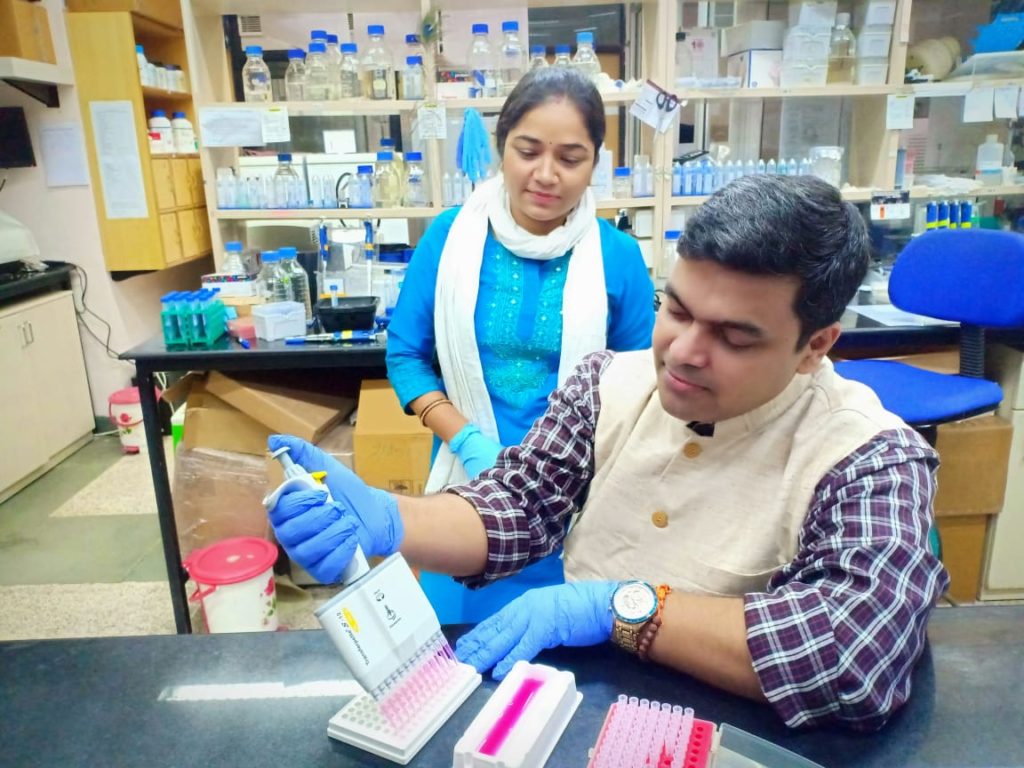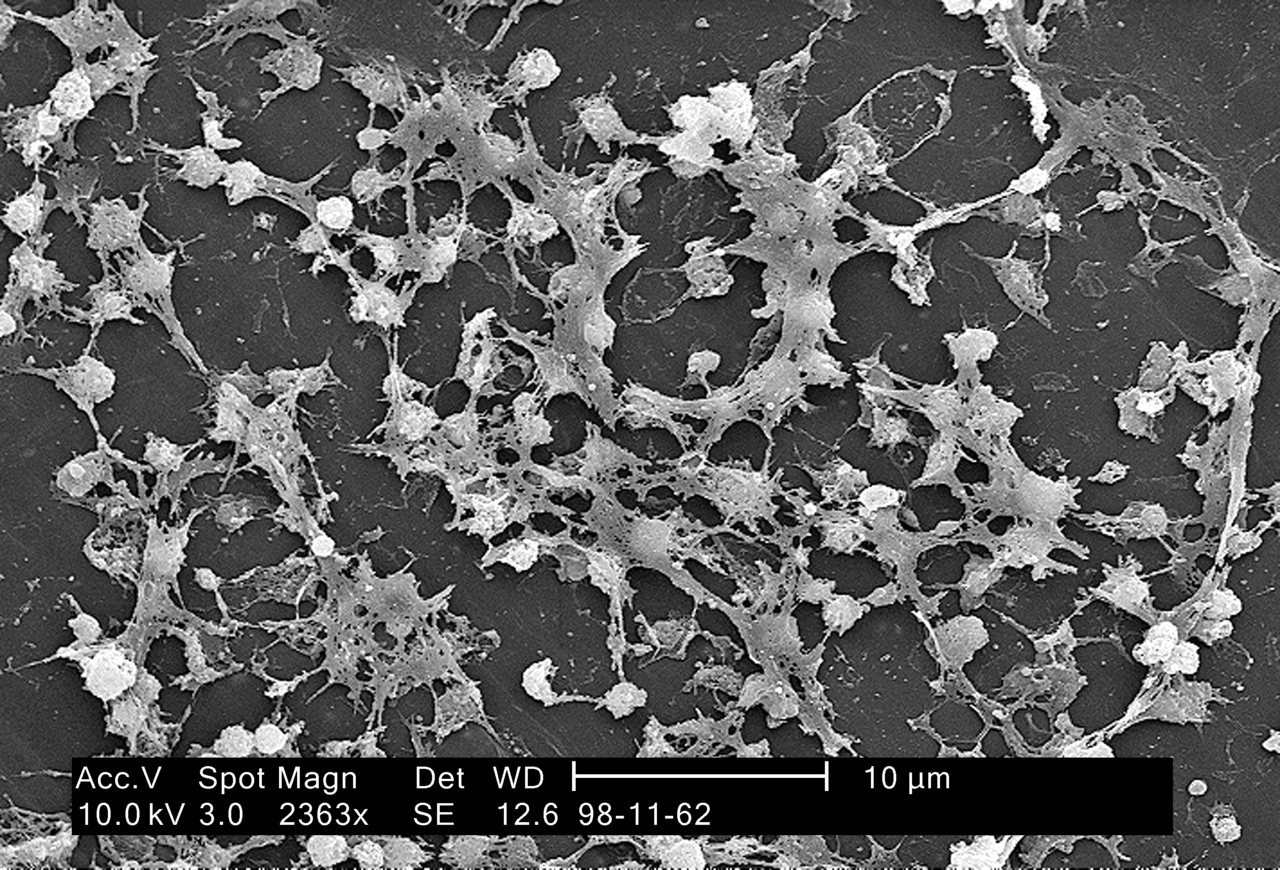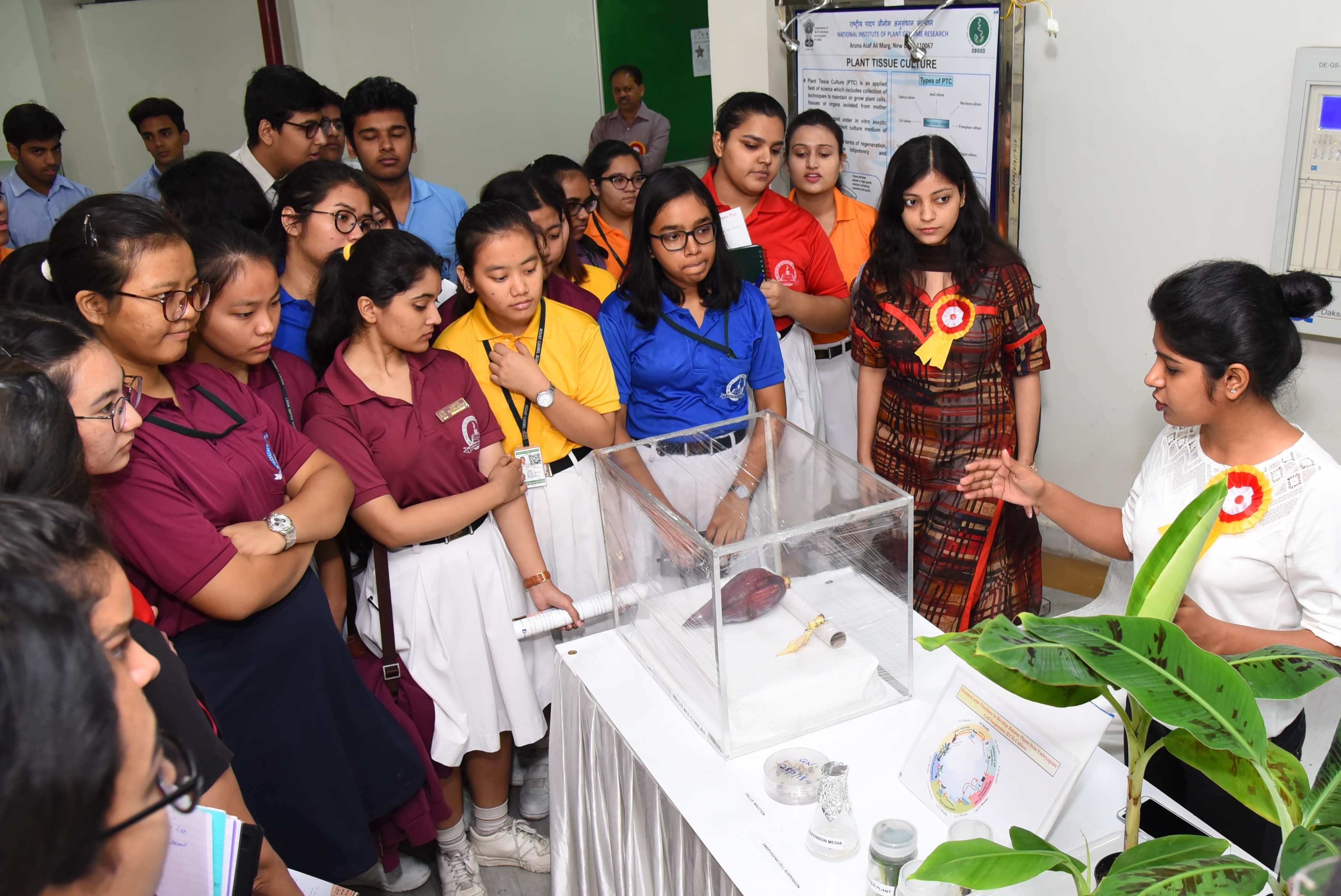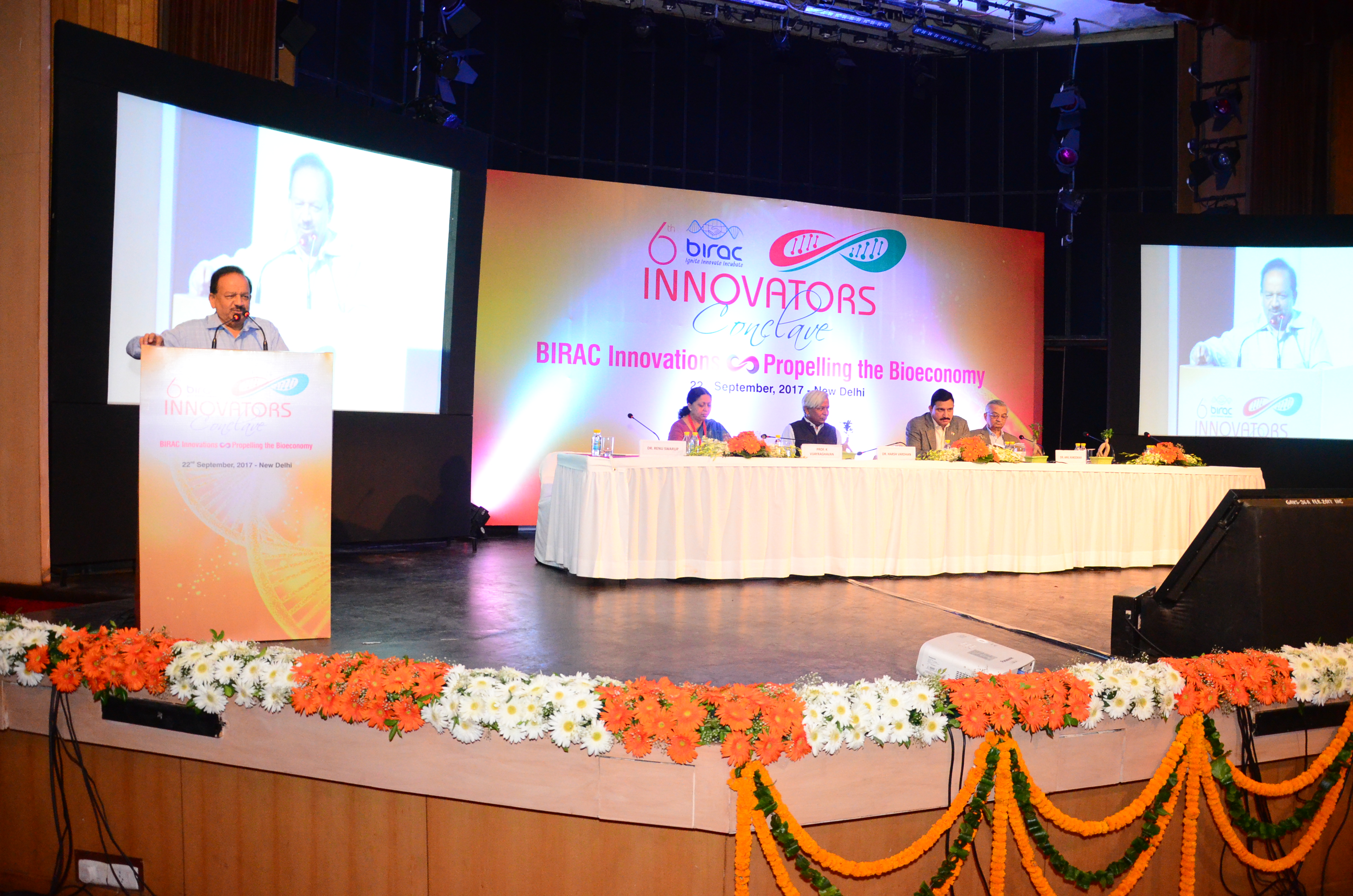
A New Paradigm for Better Drug Discovery Targeting GPCRs
- News
- 1.4K
Researchers from the Indian Institute of Technology-Kanpur have found structural differences between beta-arrestin Isoforms 1 and 2 upon their interaction with receptors. Beta-arrestin is a cellular protein that acts as a universal regulator of GPCRs, and this finding may help in designing novel therapeutic targets.

G-Protein Coupled Receptors (GPCRs), a class of membrane proteins, are the largest clinically relevant family of receptors. They are involved in most of the physiological processes including brain function, regulation of blood pressure, body’s defense mechanism against pathogens, and feeding behavior. Therefore, they are among the most sought-after receptors for designing drug targets.
Beta-arrestins belong to a small family of arrestin proteins which are important for regulating signal transduction at G-protein-coupled receptors. The two isoforms of beta-arrestins are highly similar in their overall structure and sequence composition, and therefore, they were generally believed to have a redundant function. Interestingly, they often facilitate different functions related to GPCR signaling and regulation. However, the mechanical basis for such functional differences is not known.
“We discover that these two different beta-arrestins can adopt different shapes when they bind to GPCRs and thereby, mediate distinct downstream functions in a cellular and physiological context,” said Dr. Arun Shukla. “Therefore, these findings may have direct implications for understanding the regulation of GPCRs to design novel therapeutic targets,” he added.
The results of the study have been published in the journal “Cell Reports”.
The study suggests nearly half of the medicines that doctors prescribe work by targeting one of the GPCRs in our body. Therefore, it is very important to understand how these receptors work, and how can we leverage this information to design better medicines.
“Our study integrates a previously missing framework in the paradigm of GPCR targeted therapeutics. As beta-arrestins are sometimes linked with the undesired side-effects of currently prescribed medicines, one can imagine a scenario where our study can provide a handle to minimize the side-effects of GPCR targeted medication,” said the study leader Dr. Shukla.
This is a multi-institutional collaborative project involving five different laboratories across the globe. Besides Arun Shukla, the research team included Eshan Ghosh, Hemlata Dwivedi, Mithu Baidya, Ashish Srivastava, Punita Kumari, Tomek Stepniewski, Hee Ryung Kim, Mi-Hye Lee, J.V. Gaste, Madhu Chaturvedi, Debarati Roy, Shubhi Pandey, Jagannath Maharana, R. G. Gonzalez, L. M. Luttrell, K. Y. Chung, Somnath Dutta, Jana Selent.
The study was supported by the Wellcome Trust/DBT India Alliance, Science and Engineering Research Board (SERB), Department of Biotechnology (DBT), and the Indian Institute of Technology, Kanpur. (SciSoup)
If you liked this article, then please subscribe to our YouTube Channel for the latest Science & Tech news. You can also find us on Twitter & Facebook.


